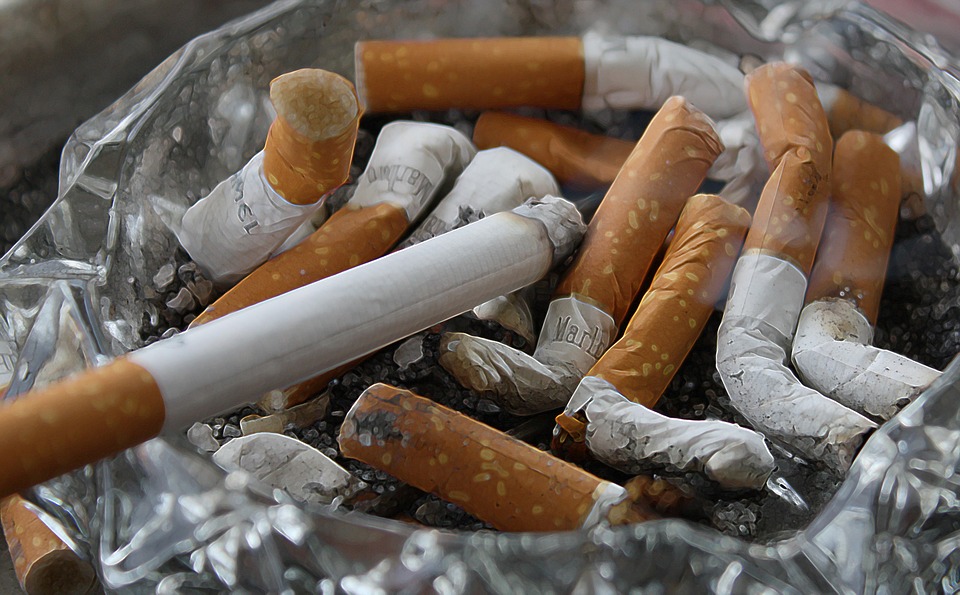
Anti-smoking campaigners are pushing for the Philippine government to increase the price of cigarettes by 1,000 per cent.
The proposal was raised by an official of the World Health Organization (WHO) at a “smoke-free summit” in Baguio City yesterday (Tuesday, August 27).
Dr Florante Trinidad of the WHO’s Tobacco-Free Initiative programme said the country’s universal health care system could justify further hikes in prices, despite arguments that putting tobacco companies out of business would be counterproductive.
Dr Trinidad said the country should follow the lead of nations such as Japan, New Zealand and Australia, which have drastically reduced smoking rates by making it an expensive habit.
In June, President Duterte signed into law Republic Act No. 11346, which increased cigarette tax from 35 to 45 pesos by 2020. This will be followed by an annual five-peso hike until 2023.
Currently, packets of 20 internationally recognisable cigarettes sell for about 110 pesos.
However, Dr Trinidad said the country’s tobacco taxes were still well below the 82.2 per cent in New Zealand and the 77.5 per cent in Australia.
“Ensuring good health for all Filipinos has a high cost. We pray for the time when all these products become very expensive,” Dr Trinidad said.
Anti-smoking advocates will continue to seek increases in cigarette prices, “taking advantage of President Duterte’s support for the no-smoking campaign”, he added.
“It has not been necessary to explain to him the health impact of smoking. He is the no-smoking campaign’s champion,” Dr Trinidad said.
Baguio City, he added, has drastically reduced the number of smokers due to its strict regulations, which have effectively banned smoking in much of the Summer Capital of the Philippines.
According to a 2015 city health survey, the number of smokers in the city dropped by 18 per cent of the population — about 60,000 people.
The same survey also indicated that eight out of 10 smokers said that they wanted to quit the habit.
Dr Trinidad also said that Baguio City should determine if its tobacco regulations have affected tourism. Either way, he suggested, the city should position itself as a destination where families can escape second-hand tobacco smoke.
